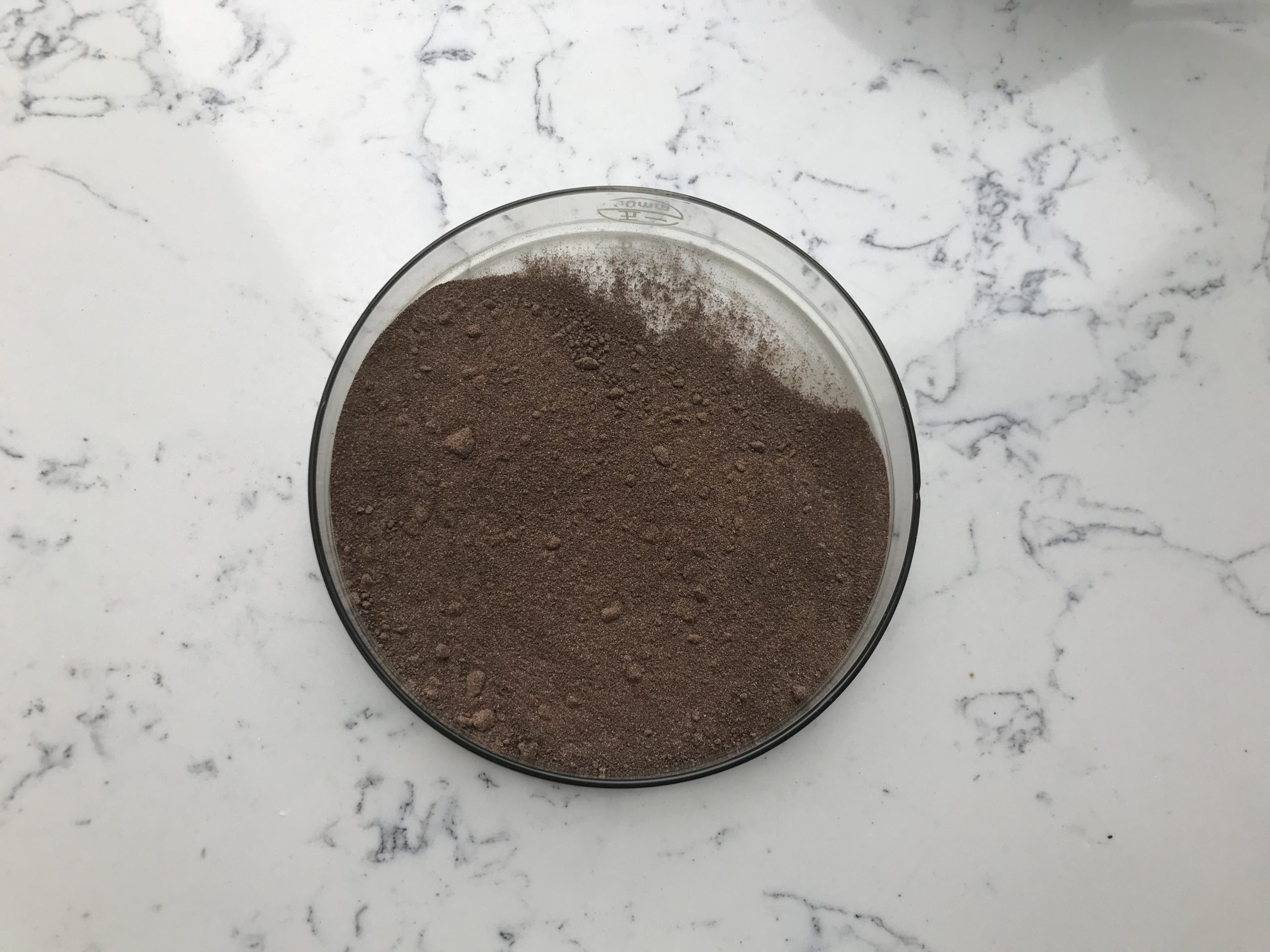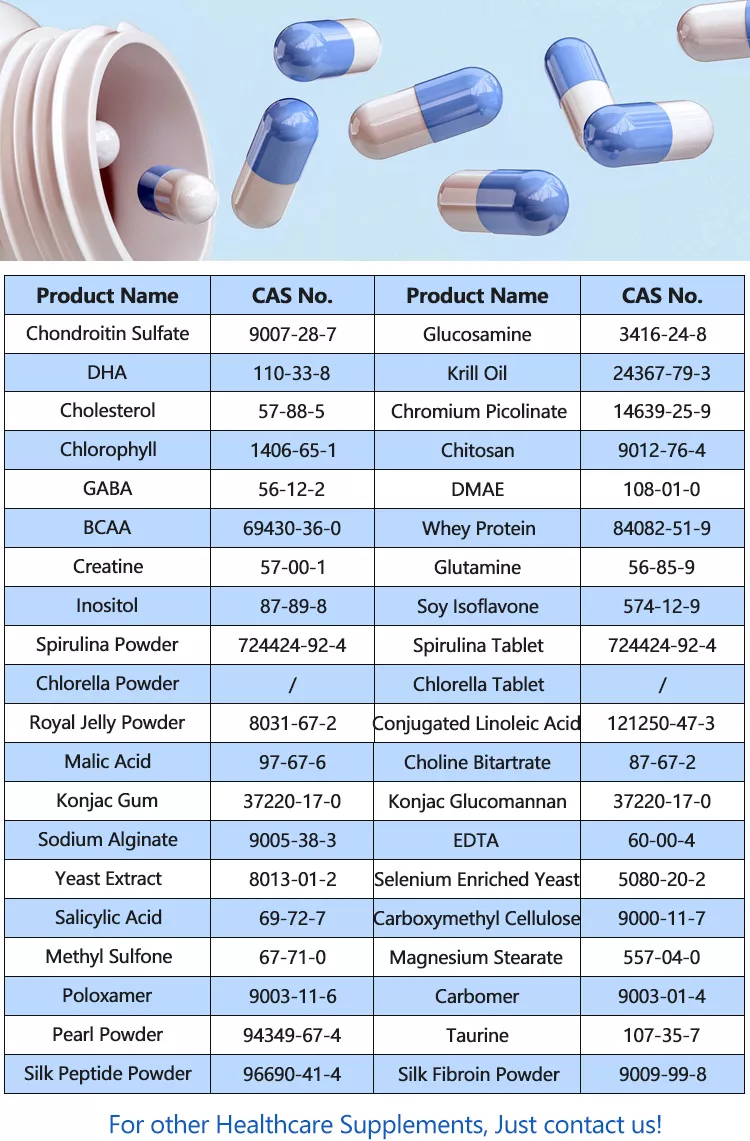Propolis is a natural resinous substance that honey bees collect from tree buds, sap flows, or other botanical sources. Bees use propolis to seal and protect their hives. Propolis powder is a concentrated form of propolis that is often used for various purposes, including dietary supplements and natural remedies. The chemical structure and physical properties of propolis can vary depending on its botanical source and the environment in which the bees collect it. Here are some general characteristics:
Chemical Composition:
Resins: Propolis primarily consists of resins (approximately 50%), which are complex mixtures of plant compounds, including flavonoids, phenolic acids, and other polyphenols.
Beeswax: Beeswax makes up a smaller portion of propolis (around 30%), providing a waxy consistency.
Essential Oils: Essential oils constitute a smaller fraction (around 10%) of propolis and are responsible for its aromatic properties.
Pollen: Propolis can contain traces of pollen, which vary depending on the sources of propolis.
Miscellaneous Compounds: Trace amounts of other compounds such as vitamins, minerals, and trace elements can also be found in propolis.

Physical Properties:
Color: Propolis can range in color from dark brown to greenish-brown, depending on its source. It may appear dark and resinous in its natural state.
Aroma: Propolis has a characteristic aromatic smell, which can vary from one sample to another due to its botanical source.
Texture: Propolis can be brittle and hard when in its natural state, but in propolis powder form, it is typically finely ground and may appear as a brownish powder.
Solubility: Propolis is not readily soluble in water but can be dissolved in alcohol or other organic solvents.
Density: The density of propolis can vary, but it is generally denser than water.
Melting Point: The melting point of propolis is typically around 60-70°C (140-158°F).
Antibacterial Properties: Propolis is known for its antimicrobial properties, which are attributed to its high content of phenolic compounds.
Health Benefits: Propolis has been used in traditional medicine for its potential health benefits, such as anti-inflammatory, antioxidant, and immune-boosting properties.
It’s important to note that the composition and properties of propolis can vary significantly based on factors such as geographic location, the specific plants from which the bees collect the resin, and the processing methods used to create propolis powder. Before using propolis or propolis powder for any purpose, it’s advisable to consult with a healthcare professional or a knowledgeable source to ensure it is suitable for your intended use and to understand any potential allergic reactions or interactions with medications.

Profound Benefits of Propolis Powder
Propolis powder is a natural substance produced by bees using resins collected from various plants and tree buds. Bees use propolis to seal and protect their hives from intruders and to maintain a sterile environment within the hive. This natural substance has been used for centuries by humans for various purposes, and it is believed to offer several potential health benefits. Here are some of the profound benefits of propolis powder:
Antibacterial and Antiviral Properties: Propolis contains compounds that have been shown to have antibacterial and antiviral properties. It can help inhibit the growth of harmful bacteria and viruses, making it a potential natural remedy for various infections.
Immune System Support: Propolis may help boost the immune system. Its antioxidant and anti-inflammatory properties can help the body’s natural defense mechanisms fight off infections and illnesses.
Wound Healing: Propolis has been used for its wound-healing properties. It can help protect wounds from infection and promote the healing process. Some topical products containing propolis are used for minor cuts and burns.
Anti-Inflammatory Effects: Propolis has anti-inflammatory properties that can help reduce inflammation in the body. This may be beneficial for conditions involving chronic inflammation, such as arthritis.
Oral Health: Propolis is often found in oral care products like toothpaste and mouthwash. It may help inhibit the growth of oral bacteria and reduce the risk of dental problems like cavities and gum disease.
Skin Health: Some skin care products contain propolis due to its potential benefits for skin health. It can help soothe and nourish the skin, making it useful for conditions like acne and eczema.

Antioxidant Activity: Propolis is rich in antioxidants, which can help protect cells from oxidative damage. This may have implications for overall health and aging.
Respiratory Health: Propolis is sometimes used to alleviate symptoms of respiratory infections and allergies. It may help soothe a sore throat, reduce coughing, and ease congestion.
Gastrointestinal Health: Some studies suggest that propolis may have a protective effect on the gastrointestinal system. It may help with issues like ulcers and gastrointestinal inflammation.
Anti-Cancer Potential: There is ongoing research into the potential anti-cancer properties of propolis. Some studies have shown that it may inhibit the growth of certain cancer cells, but more research is needed in this area.
It’s important to note that while propolis offers various potential benefits, it may cause allergic reactions in some individuals. If you’re considering using propolis for its health benefits, it’s a good idea to consult with a healthcare professional, especially if you have allergies or are taking other medications. Additionally, propolis supplements and products can vary in quality, so it’s essential to choose reputable sources to ensure product purity and efficacy.
